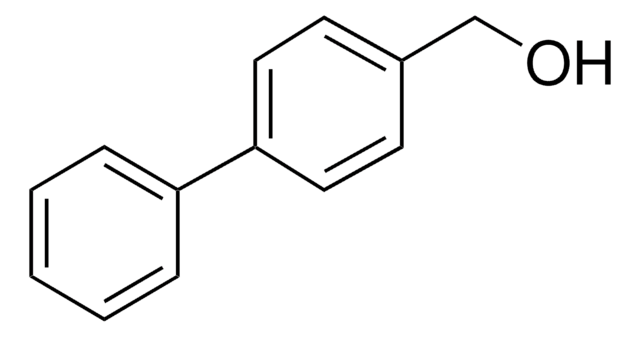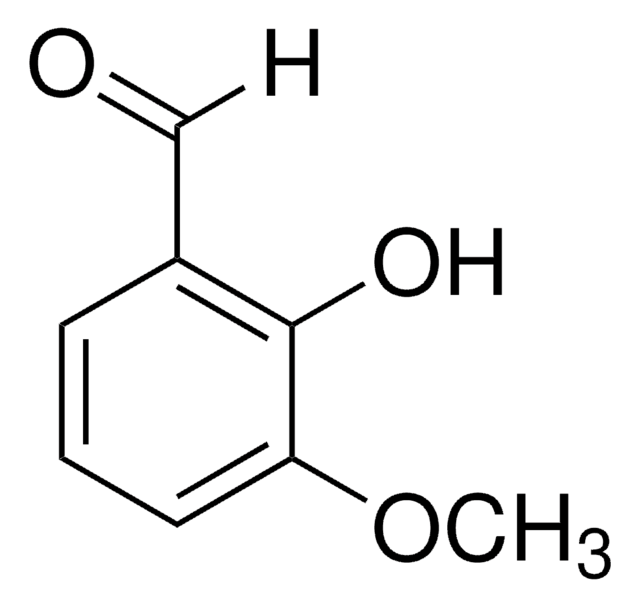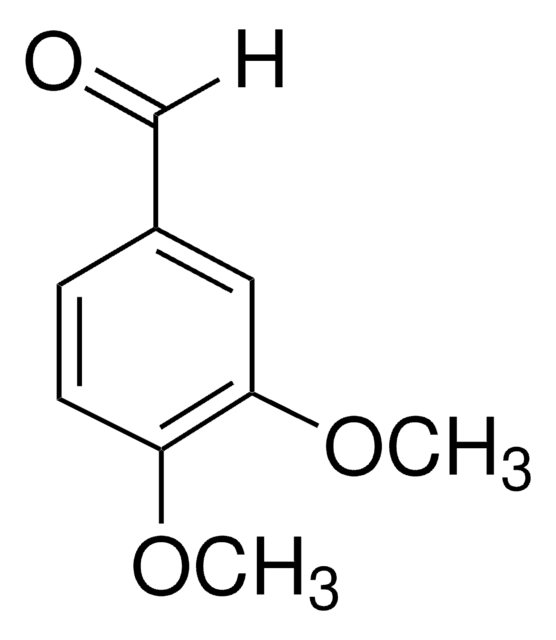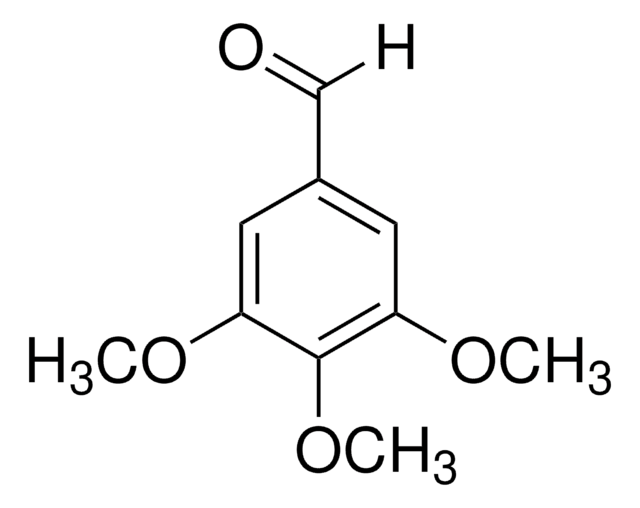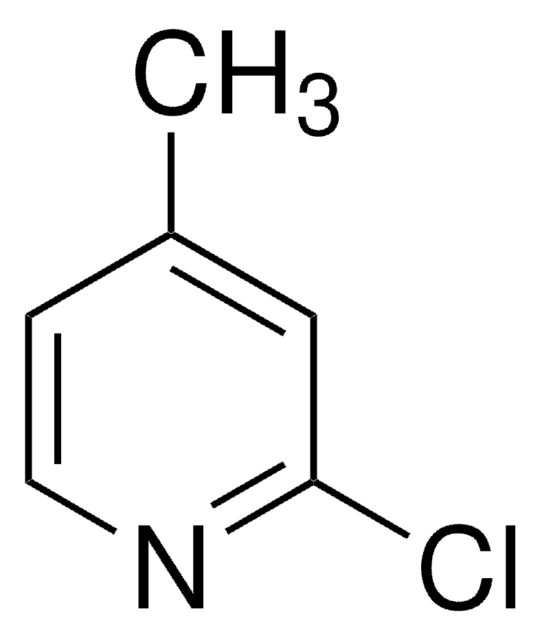143685
3-Hydroxy-4-methoxybenzaldehyde
99%
Synonym(s):
3-Hydroxyanisaldehyde, Isovanillin
About This Item
Recommended Products
Quality Level
Assay
99%
bp
179 °C/15 mmHg (lit.)
mp
113-115 °C (lit.)
functional group
aldehyde
SMILES string
[H]C(=O)c1ccc(OC)c(O)c1
InChI
1S/C8H8O3/c1-11-8-3-2-6(5-9)4-7(8)10/h2-5,10H,1H3
InChI key
JVTZFYYHCGSXJV-UHFFFAOYSA-N
Related Categories
General description
Application
Storage Class Code
11 - Combustible Solids
WGK
WGK 3
Flash Point(F)
>212.0 °F
Flash Point(C)
> 100 °C
Personal Protective Equipment
Regulatory Listings
Regulatory Listings are mainly provided for chemical products. Only limited information can be provided here for non-chemical products. No entry means none of the components are listed. It is the user’s obligation to ensure the safe and legal use of the product.
JAN Code
143685-BULK:
143685-100G:
143685-VAR:
143685-25G:
143685-10G:
Choose from one of the most recent versions:
Already Own This Product?
Find documentation for the products that you have recently purchased in the Document Library.
Customers Also Viewed
Our team of scientists has experience in all areas of research including Life Science, Material Science, Chemical Synthesis, Chromatography, Analytical and many others.
Contact Technical Service

